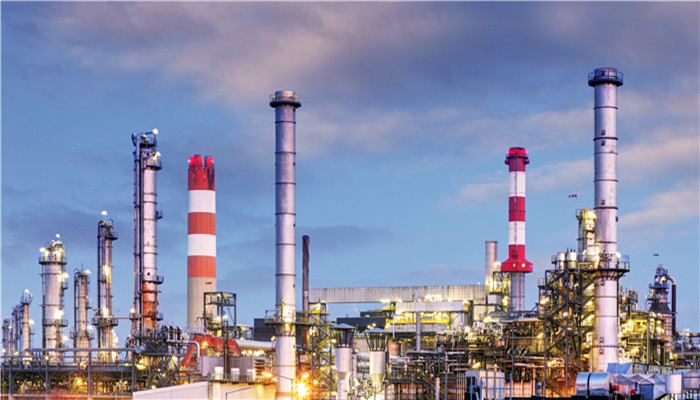
As a raw material for synthetic fine chemical products, the development of butanoctanol industry faces challenges
Butyl-octanol refers to an organic compound produced by hydroxyl synthesis of butanol and octanol in the same set of equipment. Butyl-octanol appears as a colorless, transparent oily liquid with a pungent odor, is easily soluble in organic solvents such as ether and alcohol, and is slightly soluble in water. Butyl octanol, as a raw material for chemical products, is often used to prepare dispersants, flotation agents, dehydrating agents, plasticizers, etc.
The main raw material of butyl octanol is propylene. my country is the world’s largest producer of propylene, accounting for nearly 30.0% of the world’s output. Propylene is a basic raw material for the petrochemical industry. Driven by downstream demand, my country’s propylene production capacity and output are growing rapidly. In 2021, my country’s propylene production capacity will reach 50.190 million tons, a year-on-year increase of 10.9%, and output will reach 43.167 million tons, a year-on-year increase of 20.1%. The supply of raw materials can fully meet the production demand for butanol and drive its output to continue to grow. According to the “2022-2027 Global Butanoctanol Industry In-depth Market Research and Key Area Research Report released by the Industrial Research Center, In 2021, my country’s butyl-octanol production reached 4.675 million tons, a year-on-year increase of 8.7%.
The preparation methods of butyl octanol include propylene carbonyl method, fermentation method, acetaldehyde condensation method and Ziegler method. The acetaldehyde condensation method has high production costs and has been eliminated by the market. The fermentation production process is relatively complex and is gradually being replaced by processes such as the propylene carbonyl process and the Ziegler process. The propylene carbonyl method refers to a production method that utilizes the hydroformylation reaction of propylene to produce n-butyraldehyde and isobutyraldehyde, and then hydrogenates them to finally produce butyl octanol. The propylene carbonyl method has the advantages of fast reaction rate, low energy consumption, and simple operation, and is currently the mainstream preparation method for butyl octanol in the world.
The downstream products of butyl octanol include butyl acetate, dioctyl phthalate (DOP) and butyl acrylate. Dioctyl phthalate is a low-toxic compound that is irritating to human skin and will produce waste gas and wastewater pollution during the production process. In recent years, due to national environmental protection policy restrictions, my country’s dioctyl phthalate production has continued to decline. In 2021, my country’s dioctyl phthalate production reached 1.296 million tons, a year-on-year decrease of 7.1%. The weakening of market demand has caused the market price of butanyl alcohol in my country to continue to fall.
my country’s butyl-octanol production enterprises are concentrated in Shandong, Jilin, Tianjin, Jiangsu and other places, including Nanjing Chengzhi Clean Energy, Jiangsu Huachang Chemical, Luxi Chemical, Jilin Petrochemical, etc. Jiangsu Huachang Chemical is my country’s leading butyl-octanol enterprise. According to the annual report of Huachang Chemical Enterprise, the company achieved operating income of 9.41 billion yuan in 2021, a year-on-year increase of 54.3%.
Industry Analysts People said that in recent years, my country’s butanol industry has developed rapidly, but due to the impact of downstream demand, the industry has experienced overcapacity. , product prices showed a fluctuating downward trend. my country is the world’s largest producer of butanyl octanol, and its sufficient supply of raw materials has driven the continuous increase in butanoctanol production. In the future, as the macroeconomic situation gradually improves, the prosperity of the butyl-octanol industry is expected to further improve.

 微信扫一扫打赏
微信扫一扫打赏

